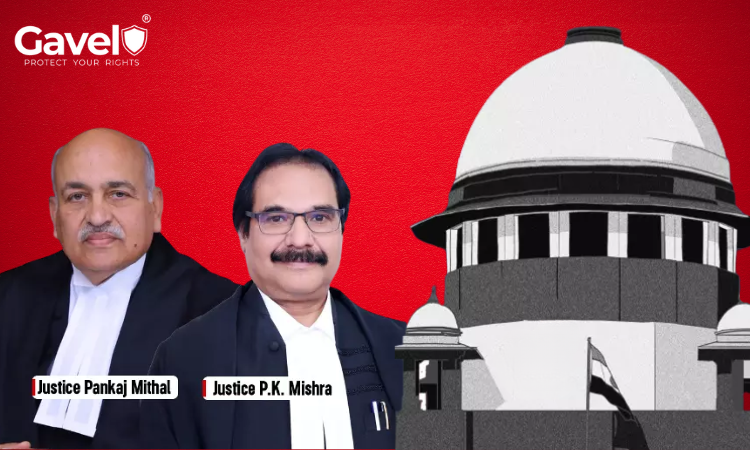A Landmark in Protecting Business Owners from Vexatious Litigation
In a significant decision reinforcing safeguards for corporate officers against vexatious litigation, the Supreme Court in S.C. Garg vs. State of Uttar Pradesh & Anr. (2025 INSC 493) quashed criminal proceedings for cheating under Section 420 IPC. The Court emphasized two crucial principles:
1. Applicability of res judicata in criminal proceedings, particularly where prior findings have conclusively determined a matter.
2. Invalidity of prosecuting company officers without impleading the company itself, especially in cases alleging vicarious liability.
This judgment serves as a crucial precedent for directors and officers facing retaliatory criminal cases after initiating lawful recovery or cheque dishonour proceedings.
Factual Background
S.C. Garg, Managing Director of Ruchira Papers Ltd., initiated proceedings under Section 138 of the Negotiable Instruments Act, 1881, after seven out of eleven cheques issued by a business associate, R.N. Tyagi of ID Packaging, were dishonoured.
Tyagi contested liability, claiming that the amounts were already settled via demand drafts. Both the Trial Magistrate and the Appellate Court rejected this defence, confirming that the drafts pertained to separate liabilities. A later compromise before the High Court resulted in full payment by Tyagi, thereby settling all disputes, including a civil decree for the same amount.
Subsequently, Tyagi filed a counter-case under Section 420 IPC, alleging cheating on the grounds that Garg re-presented cheques and obtained double payment. The chargesheet named Garg individually, not the company, and was challenged under Section 482 CrPC.
Key Legal Issues
1. Can a subsequent criminal case be initiated on issues already adjudicated in earlier proceedings?
2. Is it lawful to prosecute a company’s director for company-related acts without impleading the company?
1. Res Judicata in Criminal Proceedings
The Court upheld the principle that findings from earlier criminal trials — especially when parties are the same and issues overlap — bind subsequent proceedings. It cited key precedents, including:
– Pritam Singh vs. State of Punjab (AIR 1956 SC 415)
– Bhagat Ram vs. State of Rajasthan (1972) 2 SCC 466
– Tarachand Jain vs. State of Rajasthan (1974) 3 SCC 72
The Court distinguished contrary views in Devendra vs. State of U.P. and Muskan Enterprises vs. State of Punjab as context-specific, affirming that final findings on merits in prior criminal trials do attract res judicata.
“Tyagi cannot maintain a prosecution on the basis of allegations which were precisely his defence in the earlier proceedings wherein he was an accused.”
2. Invalid Prosecution Without Arraigning the Company
The Court reiterated settled jurisprudence that vicarious liability cannot be imposed on a director or officer without first prosecuting the company, particularly in offences requiring proof of mens rea, such as cheating.
It relied heavily on:
– Aneeta Hada vs. Godfather Travels & Tours (P) Ltd., (2012) 5 SCC 661
– Sharad Kumar Sanghi vs. Sangita Rane, (2015) 12 SCC 781
– Dayle De’Souza vs. Government of India, (2021) 20 SCC 135
“In the absence of the company being arraigned as an accused, a complaint against the appellant was therefore not maintainable.”
Implications of the Judgment
1. Prevents misuse of criminal law by business adversaries seeking to intimidate or retaliate after adverse civil/criminal outcomes.
2. Clarifies the application of res judicata in criminal cases — particularly for business disputes previously adjudicated.
3. Reinforces corporate law principles: Directors are not personally liable unless the company is prosecuted and specific individual roles are alleged.
4. Strengthens safeguards under Section 482 CrPC, allowing early termination of frivolous or retaliatory criminal proceedings.
Conclusion
This decision provides much-needed protection to company directors and promoters, especially in sectors where civil and quasi-criminal actions frequently overlap. The judgment reiterates that the criminal justice system must not be weaponized for vendettas arising out of commercial disputes.
For businesses, this ruling is a reminder to document settlements thoroughly, maintain clear correspondence, and seek legal advice promptly when faced with retaliatory litigation.

